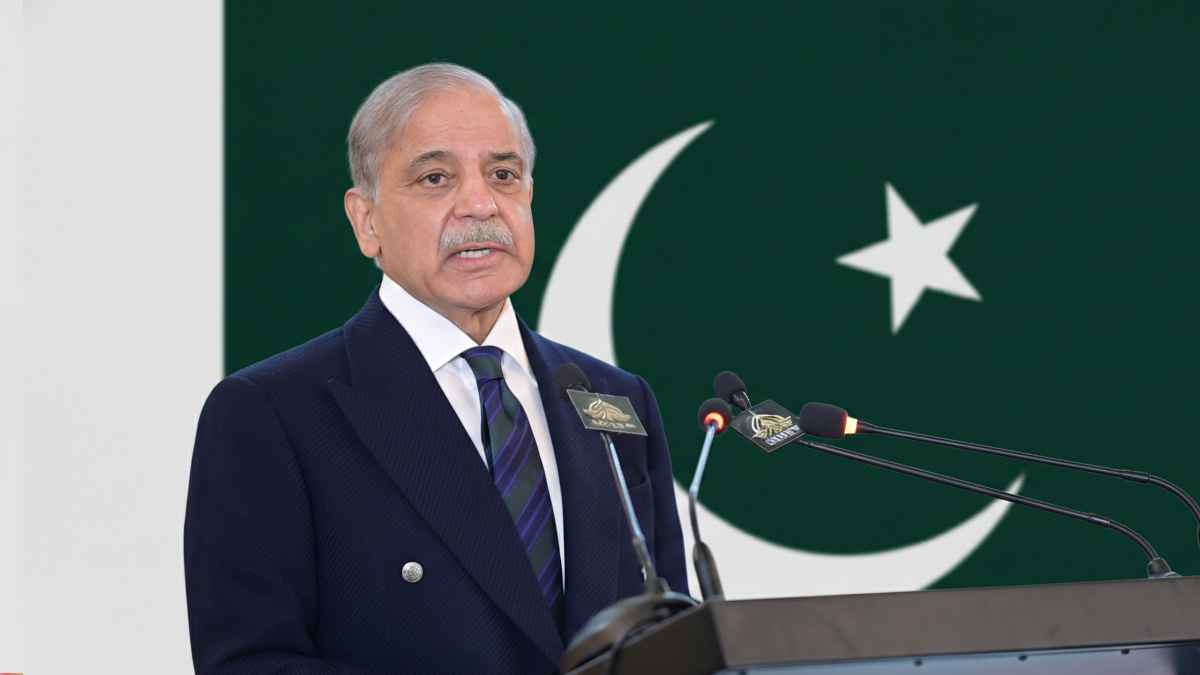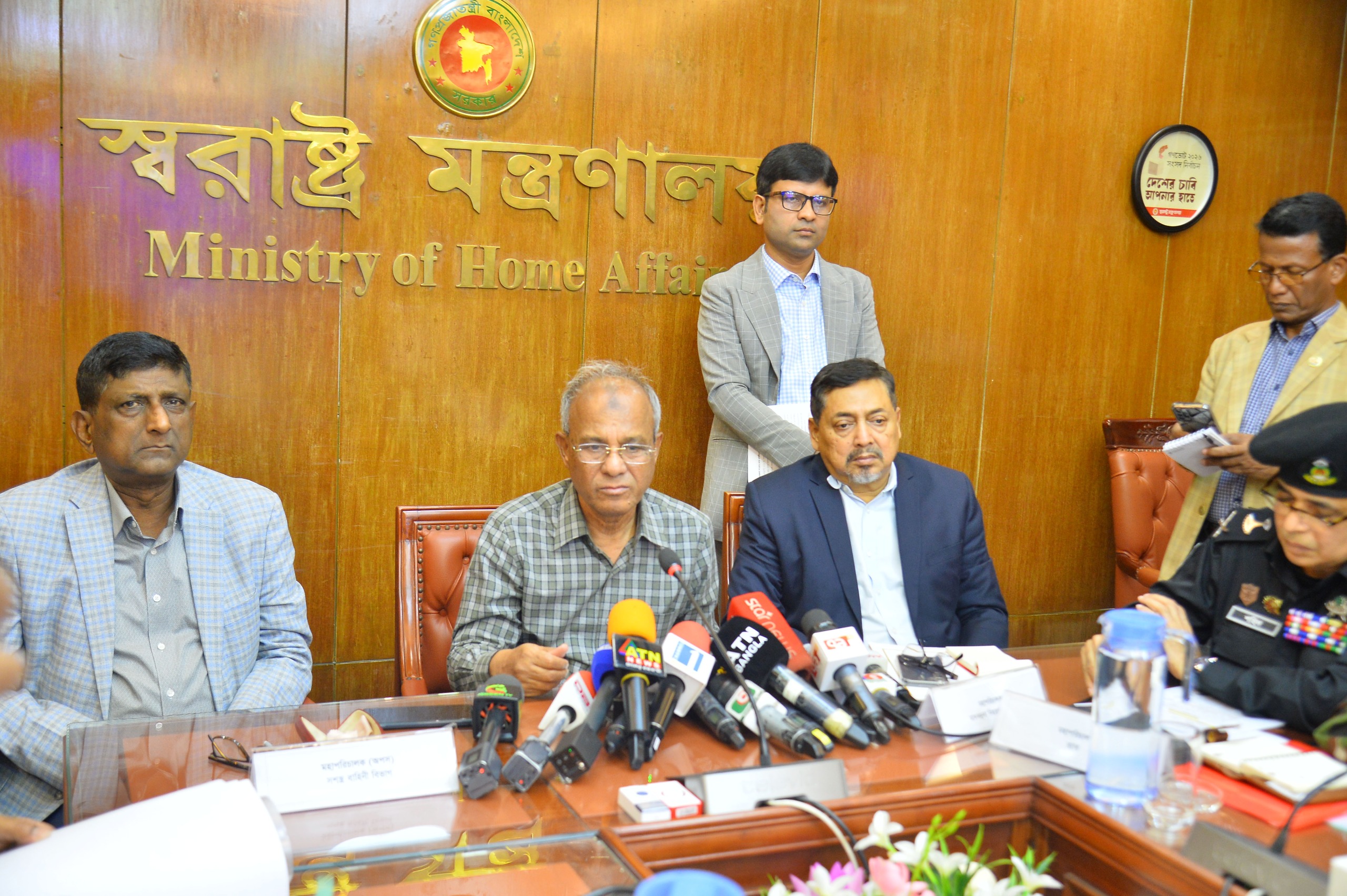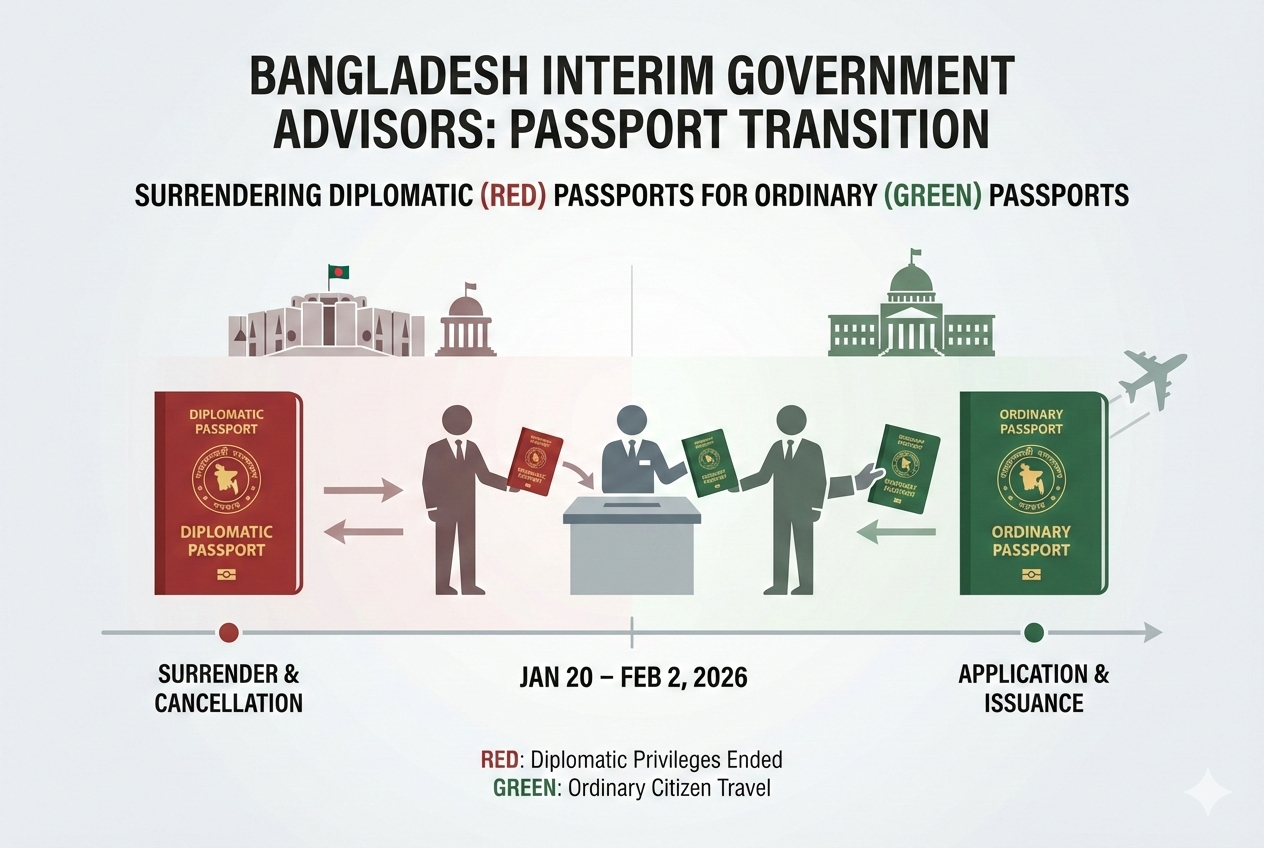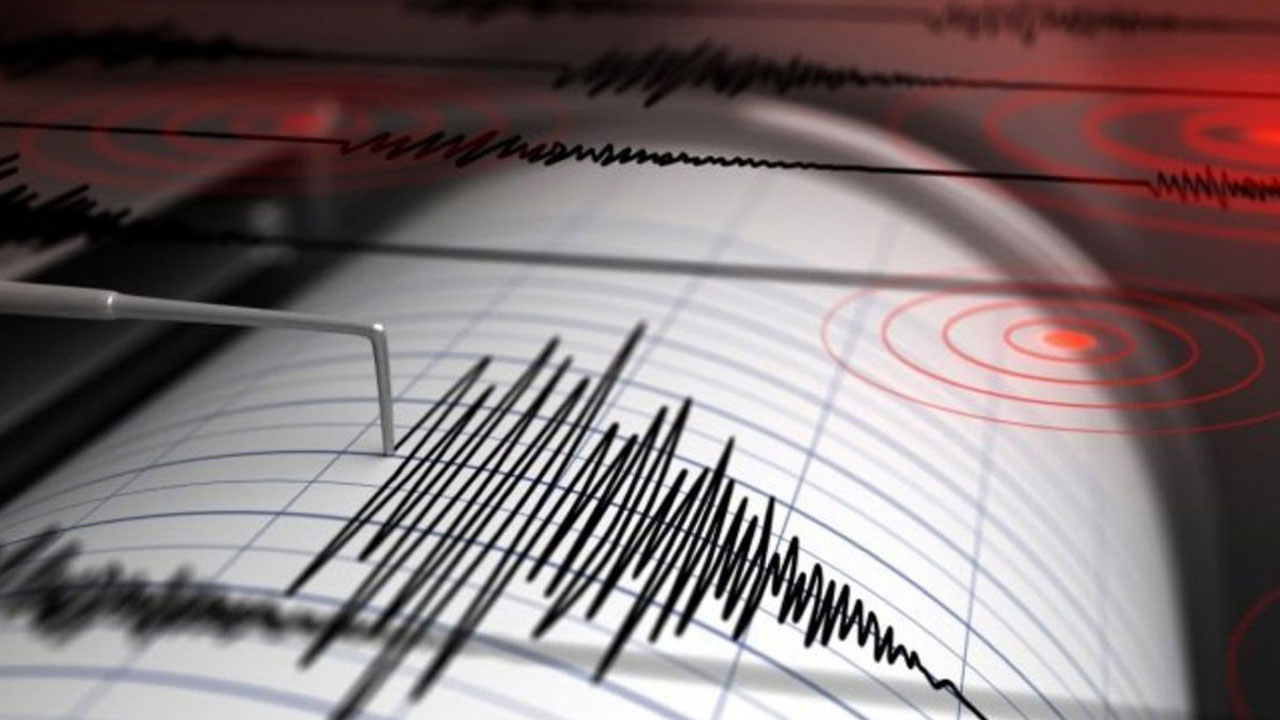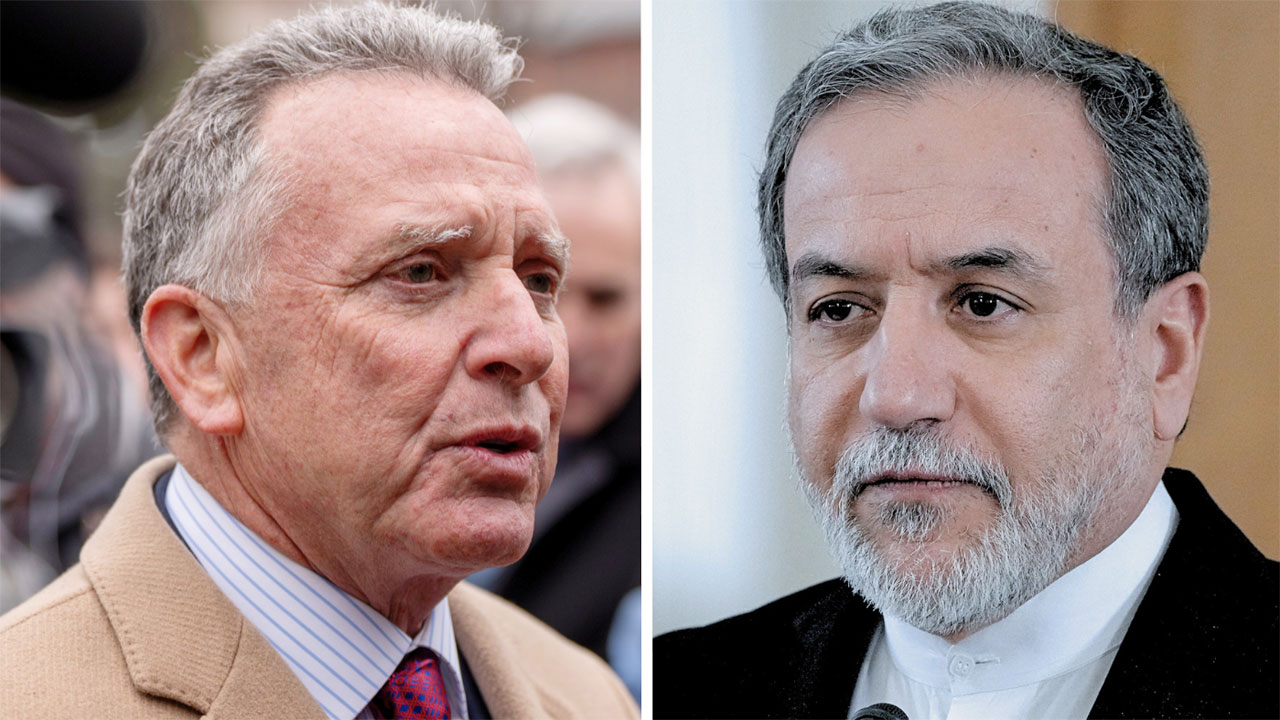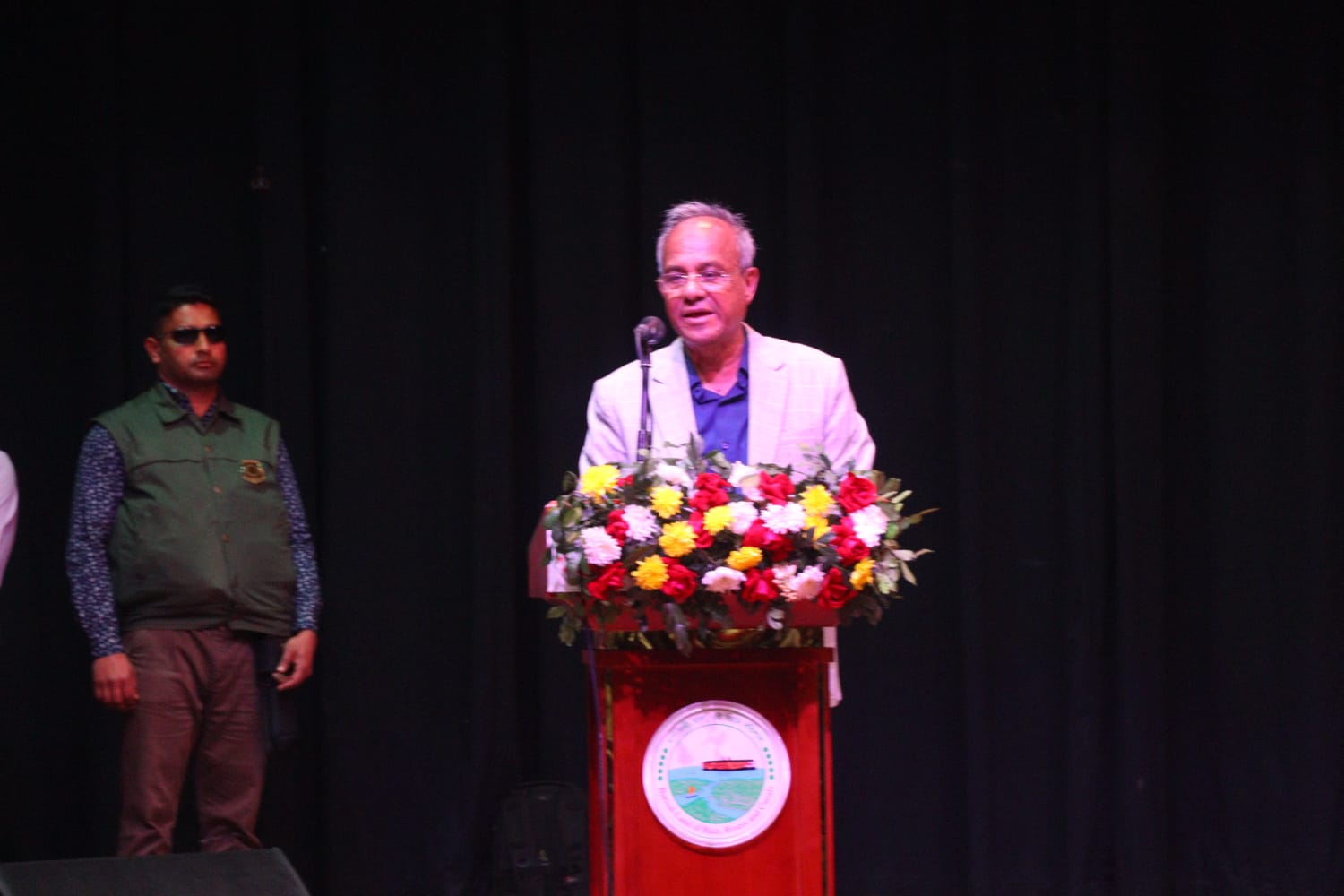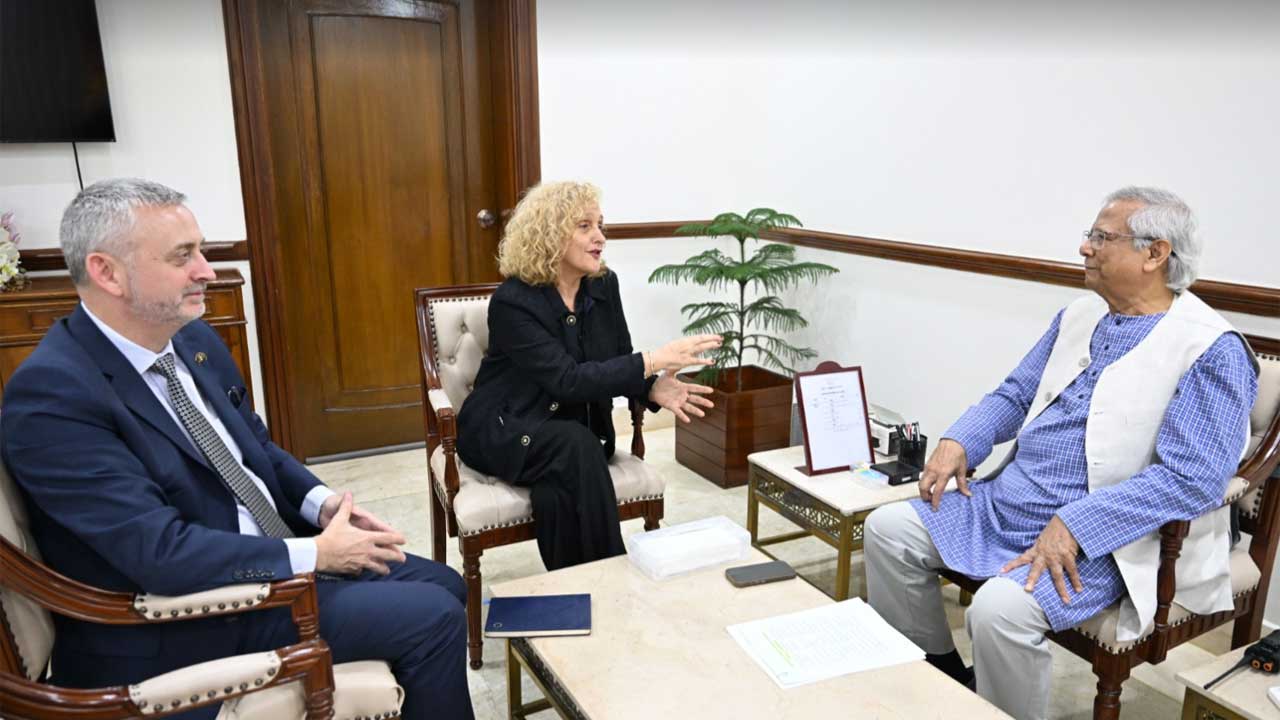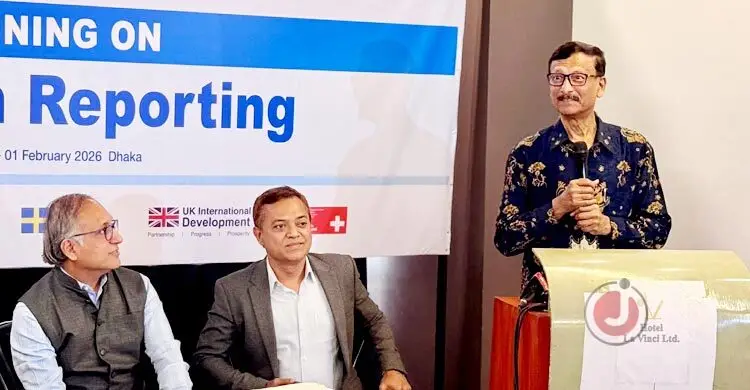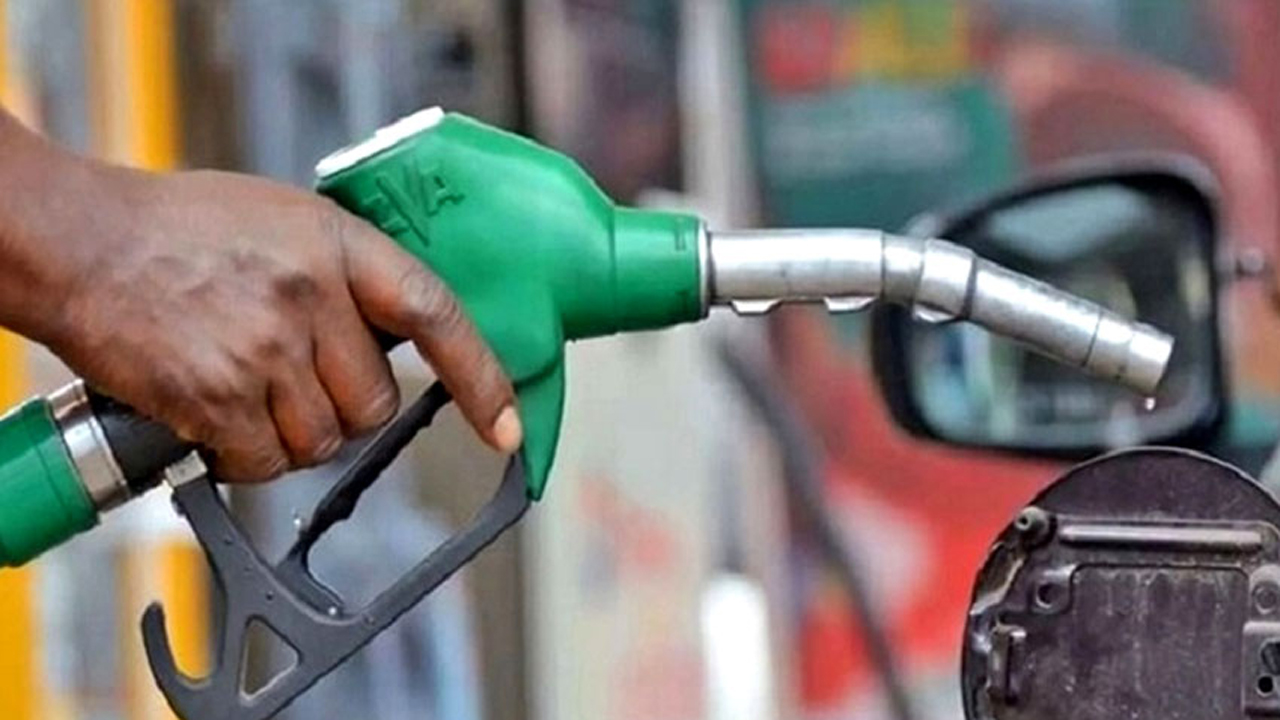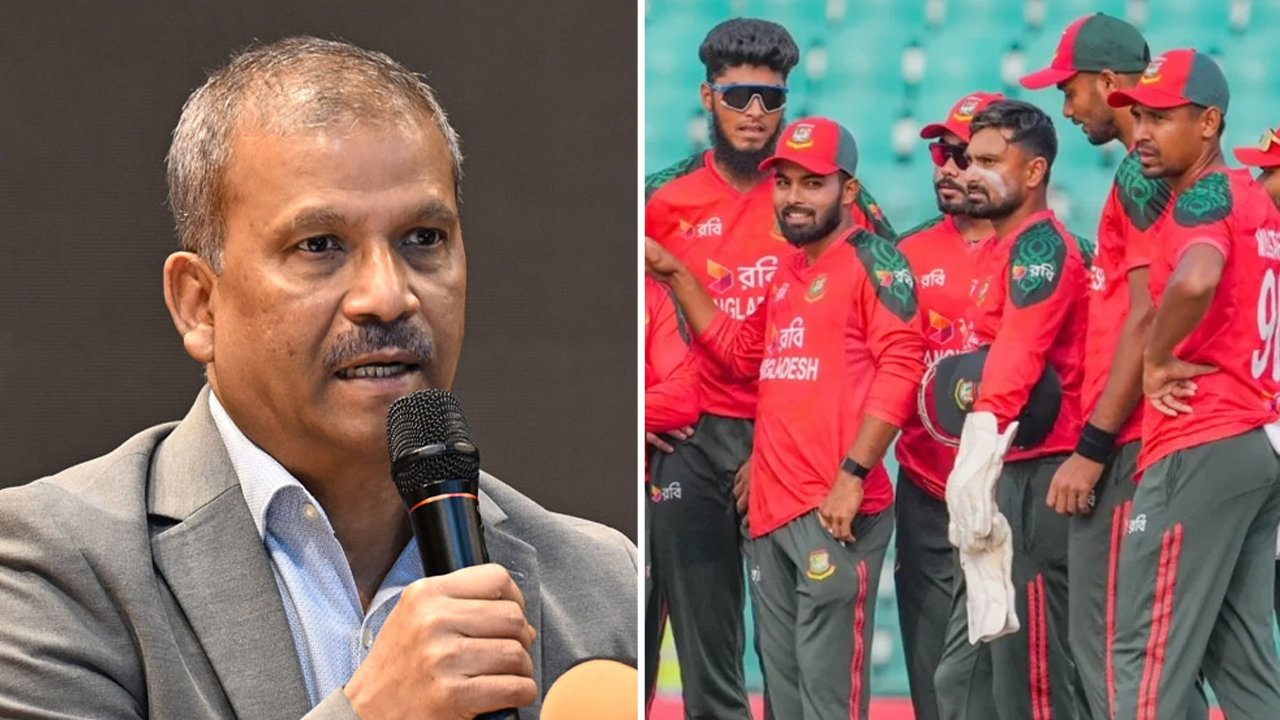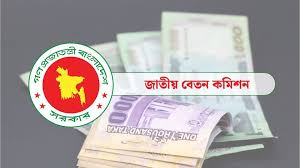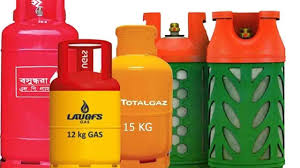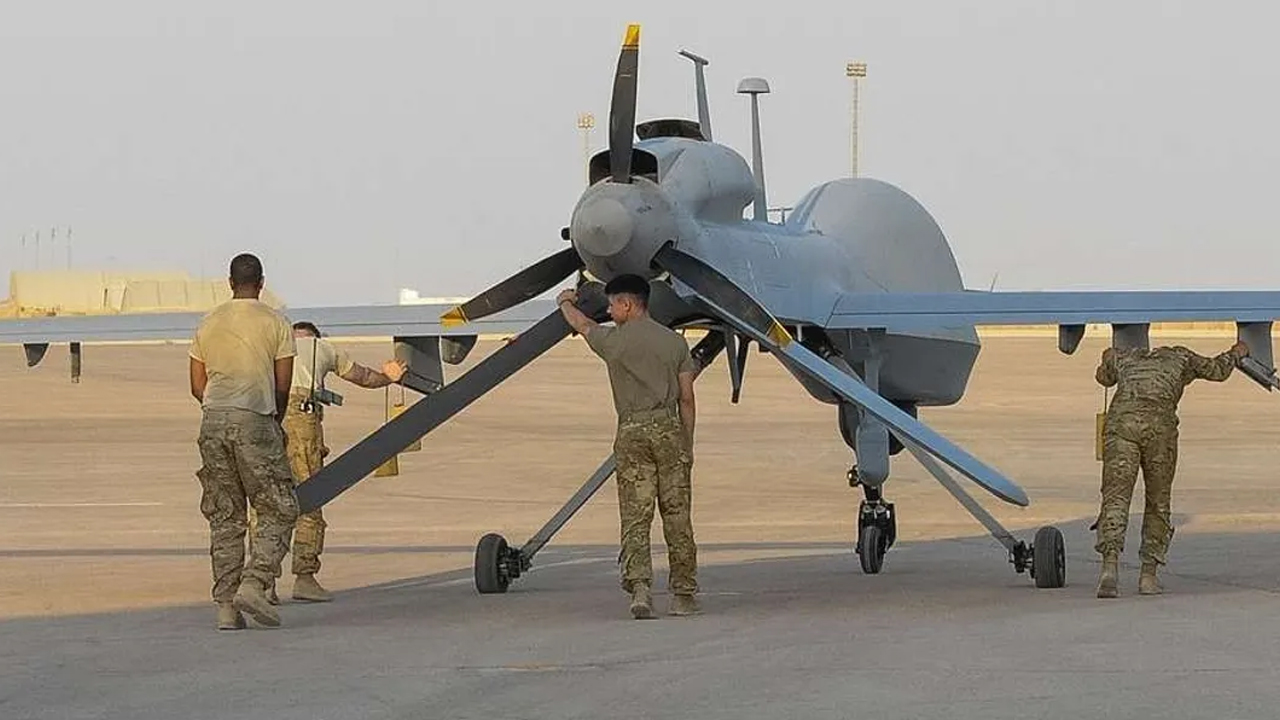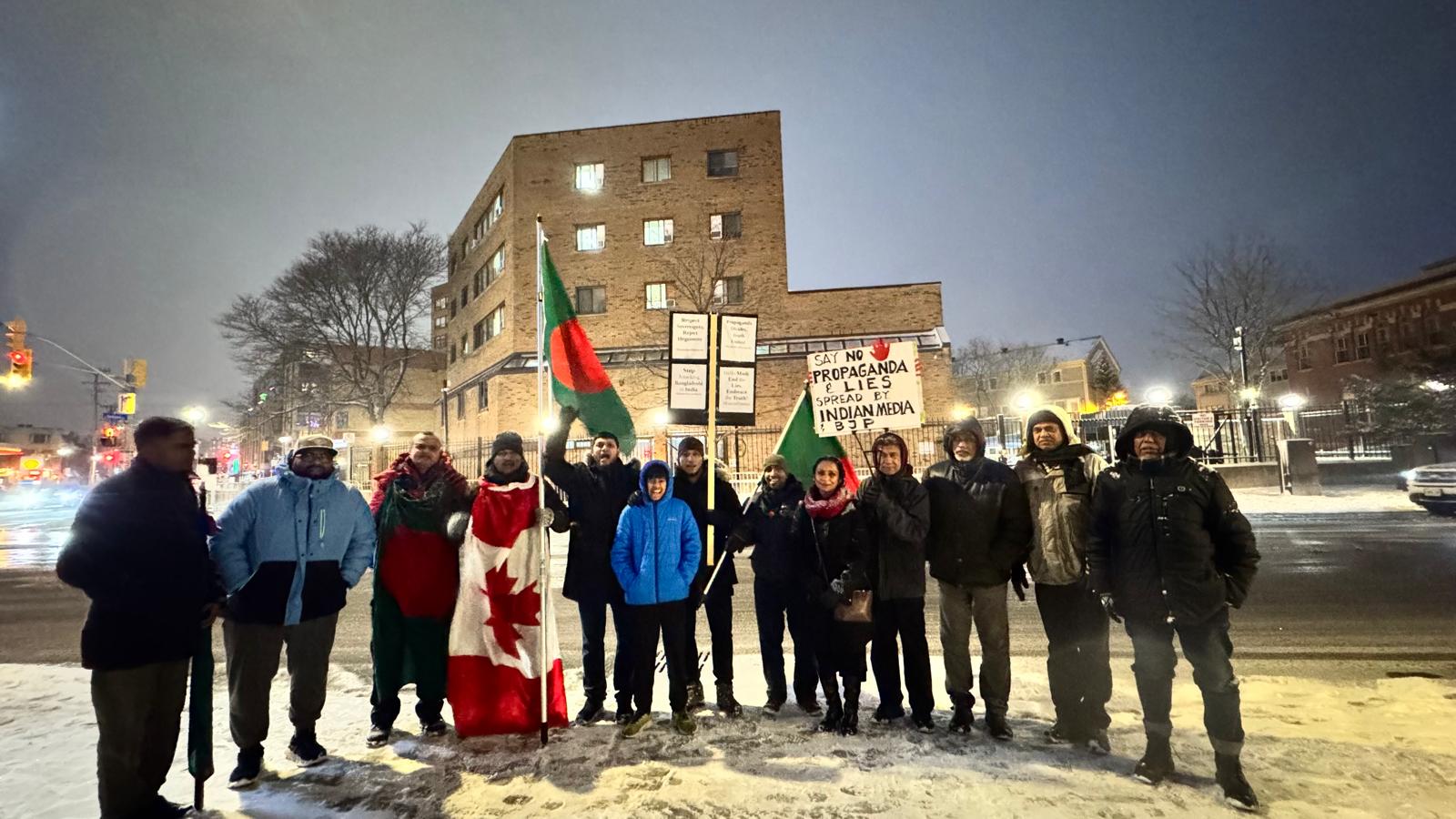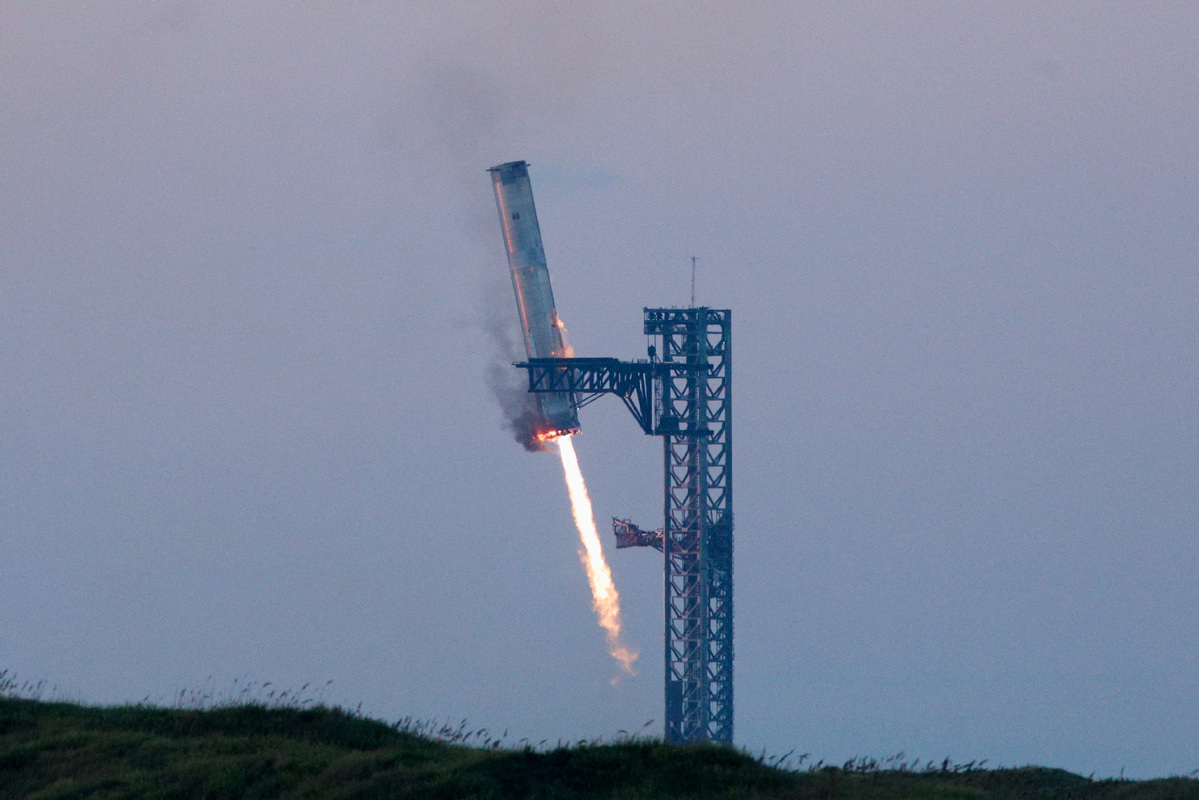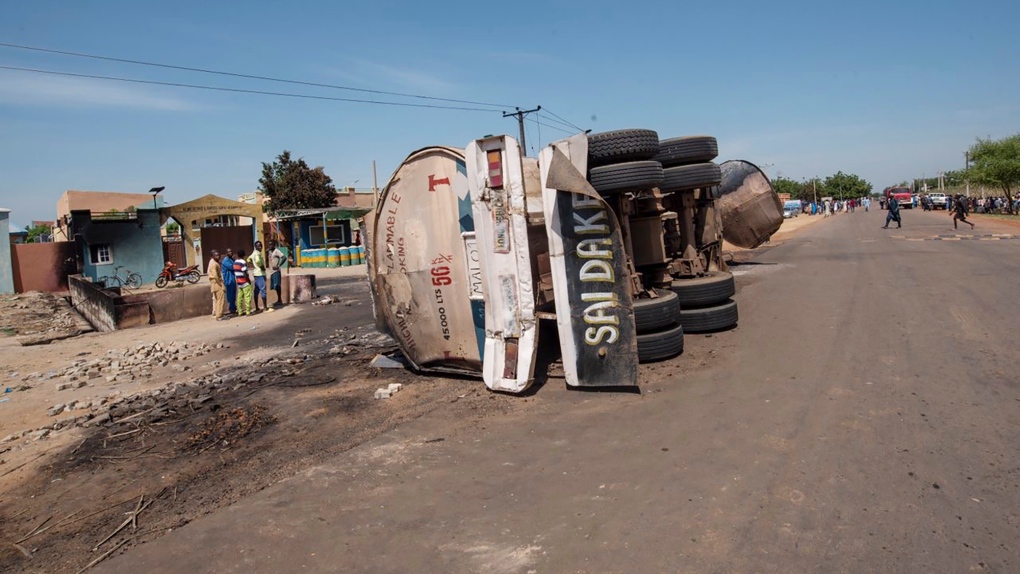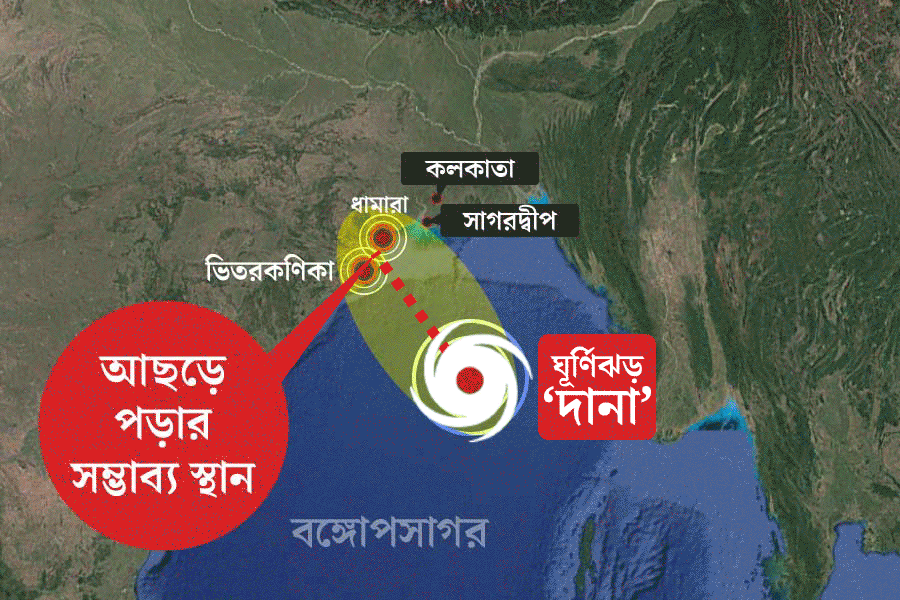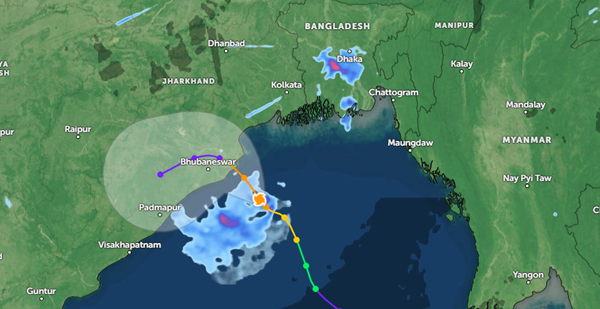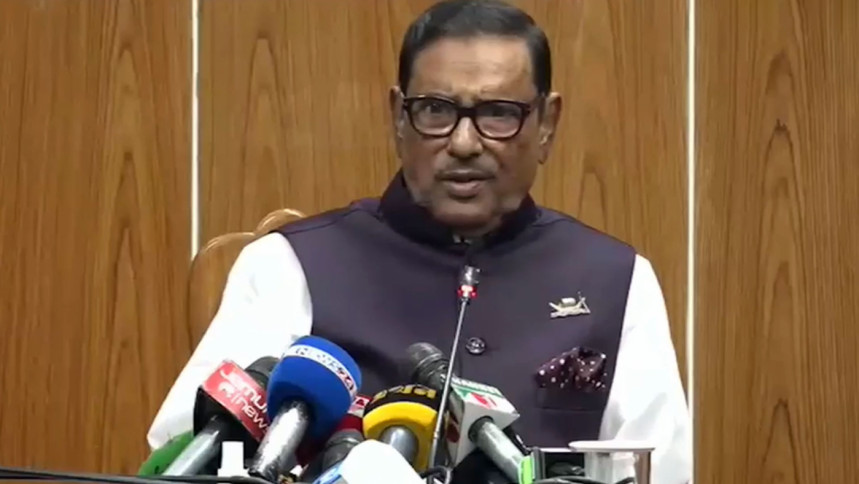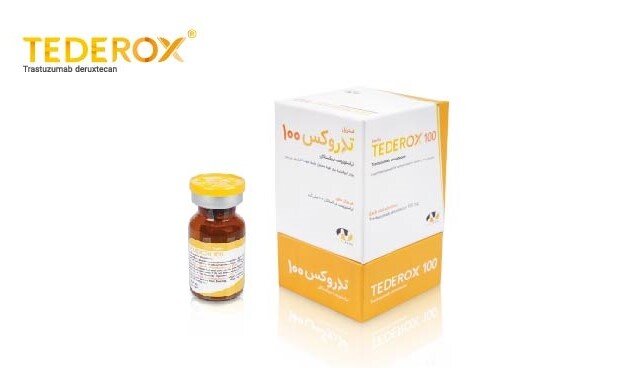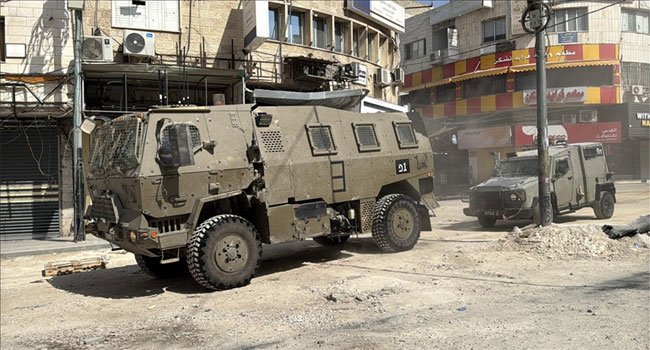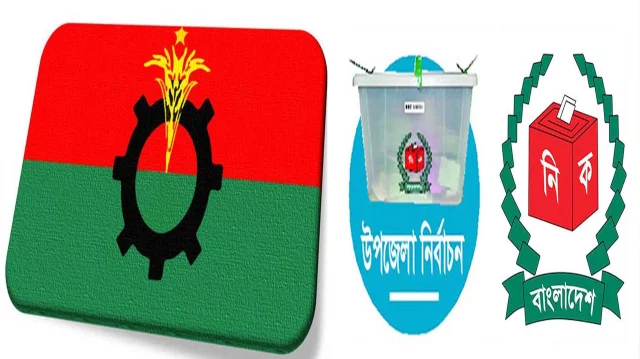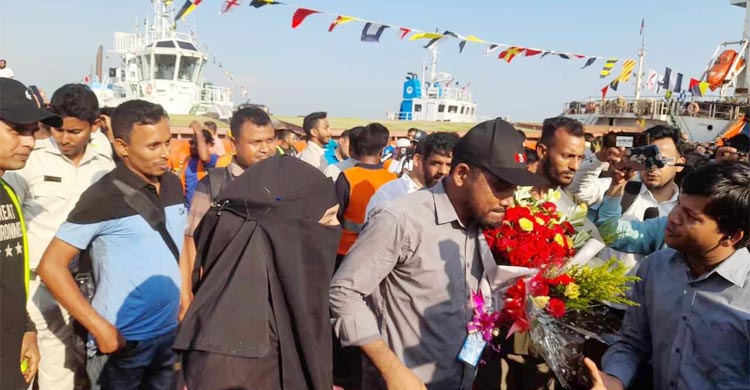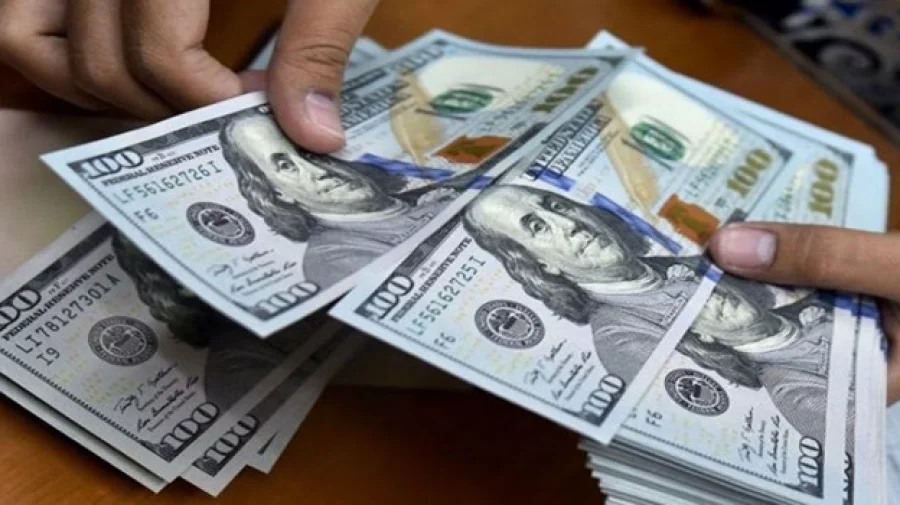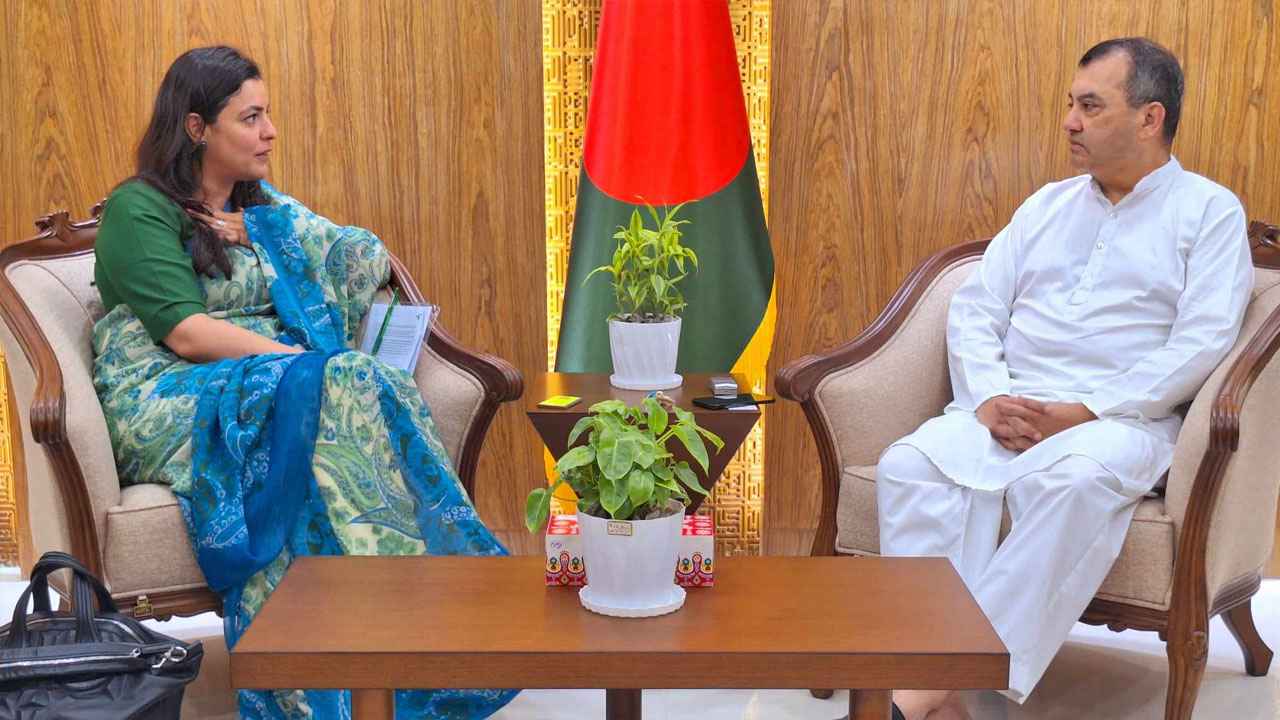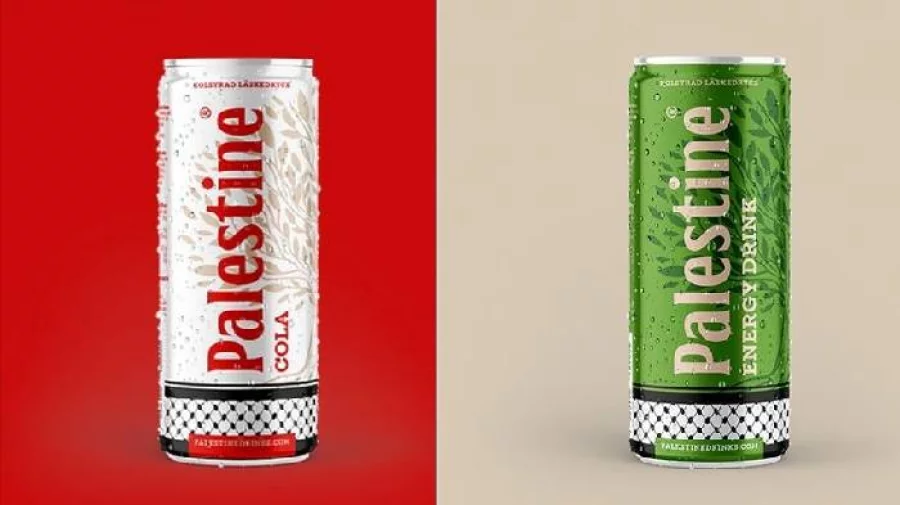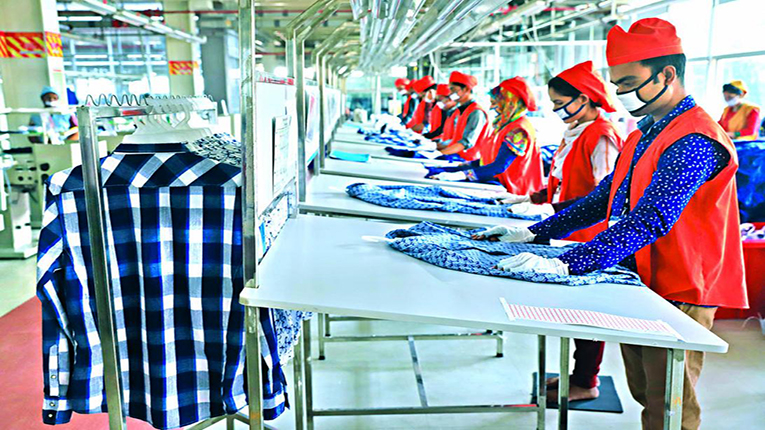
Bangladesh is in a relatively advantageous position in terms of the changes in the US 'retaliatory tariffs' structure on products from various countries so far. As a result, the interest of US brand buyers in Bangladeshi ready-made garments has increased. Many of the old brand buyers are returning. New buyers are also looking into whether they are in a position to take export orders.
The export orders for next winter are complete. Export orders for summer will start coming from the middle of next month. Export orders are usually low during this time. Even so, many export orders are coming this time. A significant portion of these are transfers from other countries, including India.
When asked, Florence Group Managing Director Mohammad Hosne Qamar Alam told that "New export orders are coming in. No American buyer has worked in my factory for a year. In the past week, many new and old buyer organizations have started discussions."
He said that he has already received an export order of 1 million pieces from a buyer. The buyer has shown interest in placing more export orders if there is production capacity. The company used to buy products from India. He quoted the buyer as saying that the export order from India was withdrawn due to the US's 'retaliatory' 50 percent tariff. Mohammad Hosne Qamar Alam said that many such buyer organizations are inquiring. Export orders are also coming from China. This is normal due to additional tariffs on Indian and Chinese products.
The Trump administration announced a 37 percent and later a 35 percent "retaliatory tariff" on Bangladeshi goods. After that, many US buyers suspended, canceled, or reduced export orders to various Bangladeshi garment factories. The tariff was finally reduced to 20 percent after various conditions, including negotiations with the government and reducing the trade deficit.
The Trump administration has imposed a 50 percent countervailing duty on Indian goods, one of Bangladesh's main competitors in apparel exports to the United States. It is 20 percent on Vietnamese goods, similar to Bangladesh's. The rate is as high as 75 percent on Chinese goods, which are far ahead in exports.
The world's largest textile exhibition began in Las Vegas, USA on Monday. Narayanganj-based Pacific Sweaters is displaying its own products there. The company's Managing Director Mohammad Rashed told that over the phone that many buyers discussed export orders with him on the first day of the exhibition due to the new reality of the tariff structure. Many more buyers have been contacted. He said that work on 60,000 pieces of T-shirts for an export order from a major US brand was going on in his factory. After the announcement of the new tariff, the brand sent an e-mail to stop the work. The work had to be stopped midway. Discussions have started with them again. It is expected that the export order will be reinstated.
Ninety-nine percent of the total export orders of Dhaka-based US buying house Liang Fashion are from the US. A top official of the company told Samakal that on the day the tariff reduction was announced, a US buyer asked to resume work on an export order of 76,600 pieces of long pants and shorts. He expects a significant amount of export orders to come to Bangladesh in the next two weeks.
